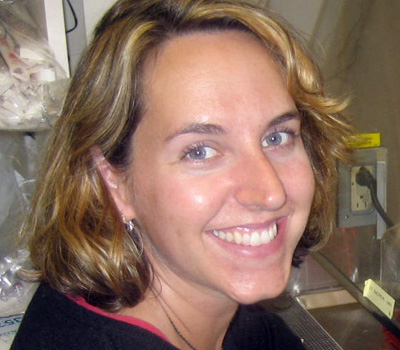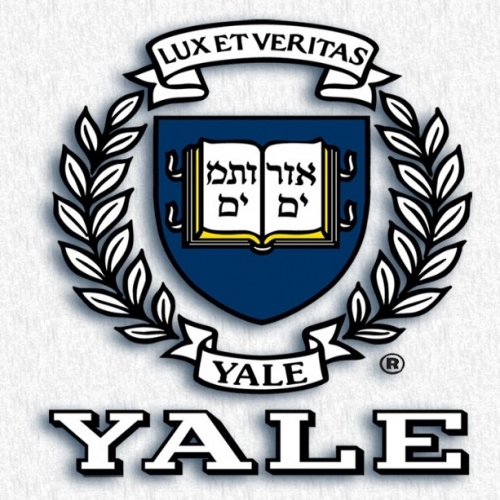Dr. Kaech's understanding of T cells will lead to more efficient vaccines that prevent a variety of viral infections and cancers
Those that have had the chickenpox can happily assume they will likely not have the chickenpox again. Fortunately, our bodies have a system that recognizes these pathogens once we have encountered them and defends our body against future infections. Dr. Susan Kaech, of Yale University, studies the process of building immunity. Dr. Kaech's work to understand how long-term immunity to pathogens is generated following infection or vaccination will likely help create better vaccines that protect against killers like Ebola, HIV, malaria, dengue, and tuberculosis for which no vaccines exists. In addition, her research explores how our immune system recognizes and attacks cancer, with the hope of generating new therapies that can jump-start our immune cells to eradicate tumors.
More specifically, Dr. Kaech studies the T cells that are responsible for recognizing pathogens and preventing future infections. In general, the process starts with "naive" T cells coming upon a pathogen the immune system has not encountered before. These T cells then multiply into millions of "effector" T cells, which shut down the infection by either killing or directing the killing of infected cells in the body. Once their job is done, 90-95% of the effector T cells die off, but the remainder persists as "memory" T cells that will remember the prior pathogen and continue to protect the body against the same infection later in life. For these reasons, her research will greatly impact the future of our health and medical advances.
Current research projects include:
-
Identify Genes: Dr. Kaech identifies the genetic pathways and signals produced by the body that lead to the formation of long lived memory T cells. By understanding the genes that control the formation of memory T cells, Dr. Kaech hopes to mimic their behaviors and develop helpful vaccines and treatments.
-
Application: Dr. Kaech is working to apply some of the signals that are identified in the process of becoming memory T cells to see if she and her team can enhance the formation of these cells following vaccination.
-
Immunotherapy: Immunotherapies are a new form of cancer treatment which can reawaken T cells to recognize the cancer cells better. Dr. Kaech hopes to find additional types of drugs to use in combination with existing immunotherapy drugs to shrink or eradicate cancer.
Bio
The desire to study the immune system's memory keepers struck Kaech while in her last year of graduate school at Stanford University. Although working in a developmental biology laboratory at the time, she found herself drawn to some of her friends' research projects in the immunology department. "I was fascinated," she recalls, "by the power and specialization of the immune system, which is constantly exposed to pathogens but fights them off." To help ground herself in the field's basics, she sat in on many of the immunology graduate-level lectures. When one professor discussed memory T cells, Kaech was hooked. Until that moment, she says, "I had never thought about why you become resistant after your first infection or about the cells involved in the process. It really is an amazing phenomenon." Her present research continues to find ways to understand the immune response and thereby create therapies that will impact society.
Dr. Kaech is incredibly involved with graduate students at Yale University as she helps organize the recruitment and admissions for graduate student training programs. She spends much of her time working to get underrepresented minorities involved in science as well as promoting and mentoring women in science.
In her free time, Dr. Kaech loves to do Zumba. As a native of Washington state, she also enjoys being outdoors, hiking, and seeing the tops of mountains!
Websites: https://www.hhmi.org/scientists/susan-m-kaech, http://immunobiology.yale.edu/people/susan_kaech.profile
In the News
Immuniobiology - Yale


